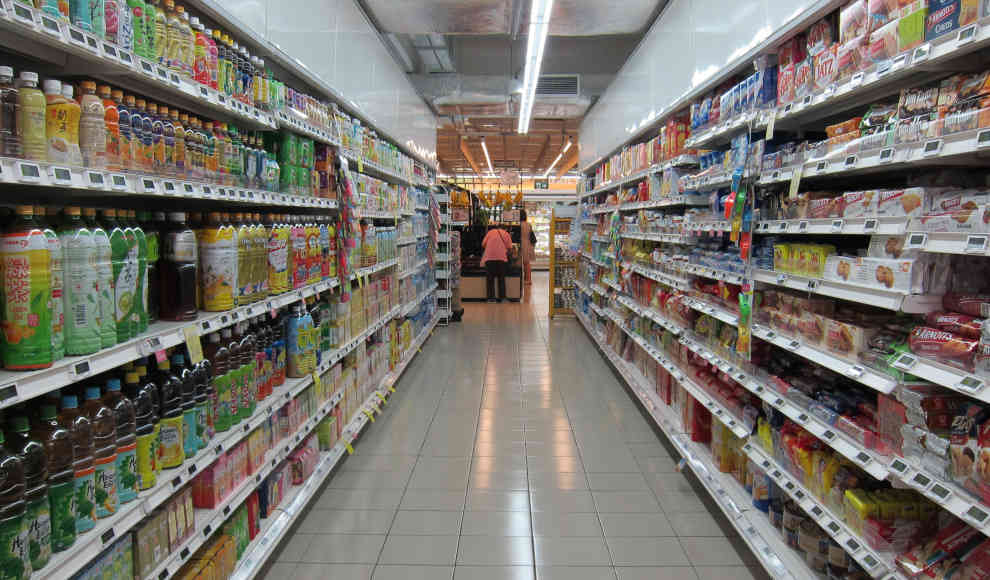A recent study conducted by Cancer Research UK has found that individuals who frequently purchase items on offer are more likely to be overweight or obese. The study, which analyzed 16,000 British households, found that approximately 50% of all foods high in fat, sugar, and salt, such as chips and chocolate, were purchased on offer. The study also found that the position of snacks within a store can influence the amount purchased, with a distance from the checkout reducing sales by 20%.
The study’s findings are particularly concerning as obesity is a major risk factor for at least 13 types of cancer. In the group that purchased the most offers, 72% of individuals were overweight, compared to 64% in the group that purchased the least. The trend was consistent across all socio-demographic groups, regardless of age or income. The average basket of offer buyers contained 20% more foods high in fat, salt, and sugar, and 30% less fruit and 20% less vegetables, equivalent to a monthly total of four kilograms.
According to Joachim Westenhöfer, a nutrition psychologist at the University of Applied Sciences, the study’s results are not surprising, as there has long been a link between low prices and high energy density. He also notes that “food is as cheap as it has ever been, and this leads to unhealthy overconsumption.” The authors of the study are particularly concerned about the impact on children, as one in five primary school children in the UK is already overweight, and one in three secondary school children. Overweight children are at increased risk of developing cancer in the long term, as obesity often triggers an overproduction of hormones that promote the growth of colon cancer, breast cancer, and other types.
The study’s findings highlight the need for greater awareness of the impact of purchasing habits on health, particularly in relation to cancer risk. The authors suggest that retailers could play a role in promoting healthier choices by placing healthier foods in prominent positions and reducing the number of offers on unhealthy foods. Ultimately, however, it is up to individuals to make informed choices about their diet and lifestyle to reduce their risk of cancer and other health problems.










